
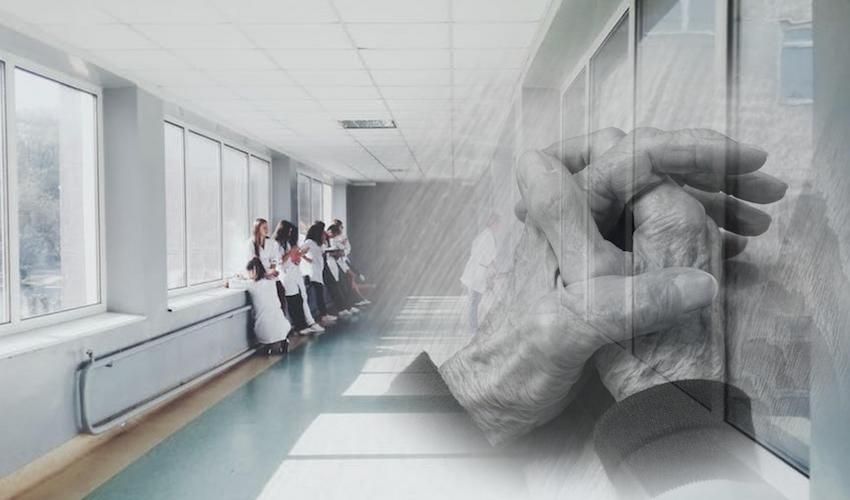

Newly-released meeting minutes have exposed the Government’s scientific advisers’ concerns about local care homes’ exposure to covid in the weeks prior to a sharp spike in cases in December - from infection control recruitment to employee and visitor testing, and the need for special help for zero-hour workers.
The meeting reports show that many suggestions sometimes took weeks to be considered or acted on.
Minutes from the meetings show the Cell first highlighted the need to test essential workers such as those working in the island's 28 residential and nursing care homes - who look after approximately 1,000 residents - as well as teachers on 12 October.
It was then suggested two weeks later that they should be included within the first group for the enhanced workforce testing programme which launched on 2 November. This meant they would receive PCR tests every four weeks instead of every six weeks.
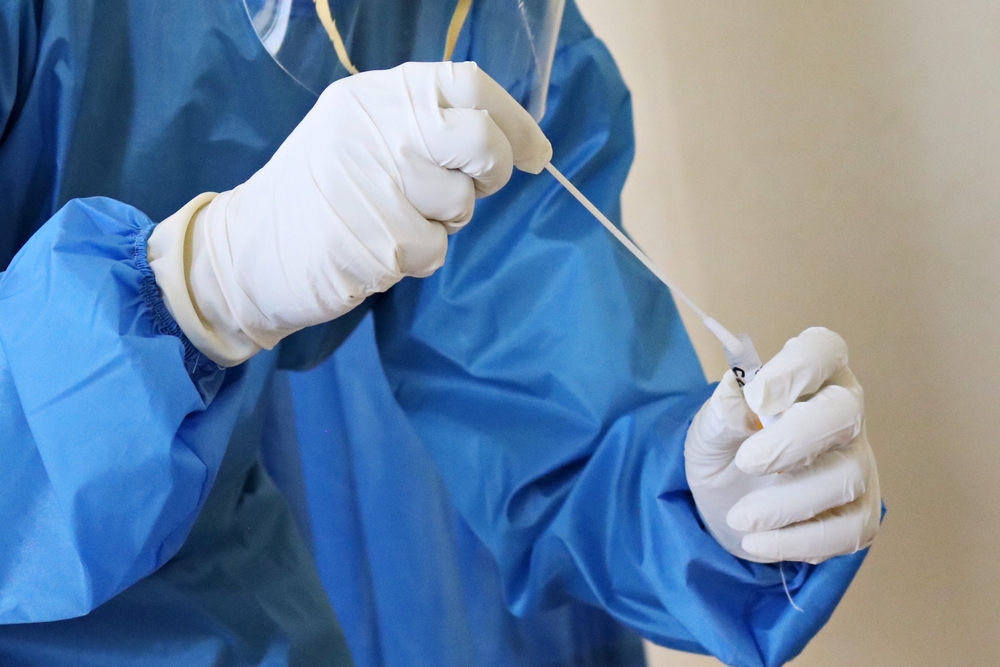
Pictured: Regular testing for care home workers was recommended on 12 October.
In early November, after six cases had been linked to a care setting, the Cell said those working in health and care settings should be encouraged to take part in the testing programme.
The Cell emphasised that this should include all staff, whether healthcare workers, kitchen porters or cleaners and expressed the wish that the frequency of testing staff should increase to every two weeks and, ideally, every week, in light of the high risk they posed to the vulnerable residents.
An Independent Advisor on Epidemiology and Public Health said PCR testing should be prioritised for those workers as the recent cases showed “the greatest risk from the virus was within institutional settings."
While the Government implemented the request for regular testing fairly quickly, other recommendations from the cell took longer to be enforced.
For example, suggestions from Dr Ivan Muscat, the Deputy Medical Officer of Health and Consultant in Communicable Disease Control, to test the residents’ two named visitors as often as care home staff were only agreed by the Competent Authority Ministers a month after they had first been brought up.
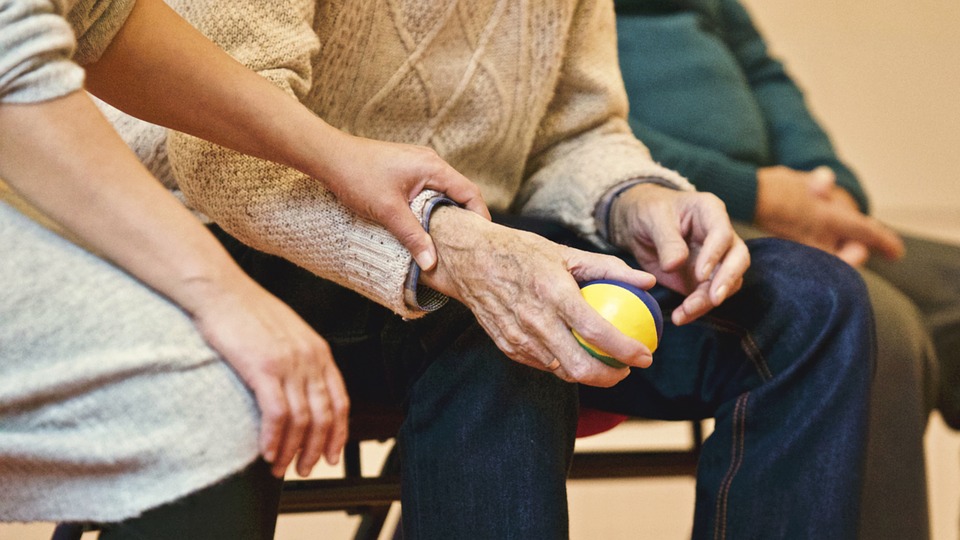
Pictured: Concerns were raised about workers on zero hour contracts and how they would be affected by testing positive.
Dr Muscat also raised the issue of workers on zero-hour contracts with the Health Minister, Deputy Richard Renouf, on 2 November, asking for a solution to be found for those who might not be remunerated if they tested positive for the virus and therefore had to isolate.
At the start of the pandemic, those working in health and care had been asked to limit their work to only one setting, because of the risk of spreading the virus between locations, but Dr Muscat said some people on lower incomes had more than one job in order to support themselves.
He therefore suggested a system of ‘bubble working’ so that, to prevent all employees from the same workplace having to isolate if one of them tested positive.
He also raised concerns about the lack of screening for staff members who changed shift and expressed some “uncertainty” over the communications received by smaller care homes.
Meanwhile, the Chief Economic Advisor recommended “appropriate economic incentives” to reduce working in multiple venues and ensure that people were not forced to choose between going to work and possibly catching the virus and being able to stay at home in March 2020, but in November, this still hadn’t been introduced.
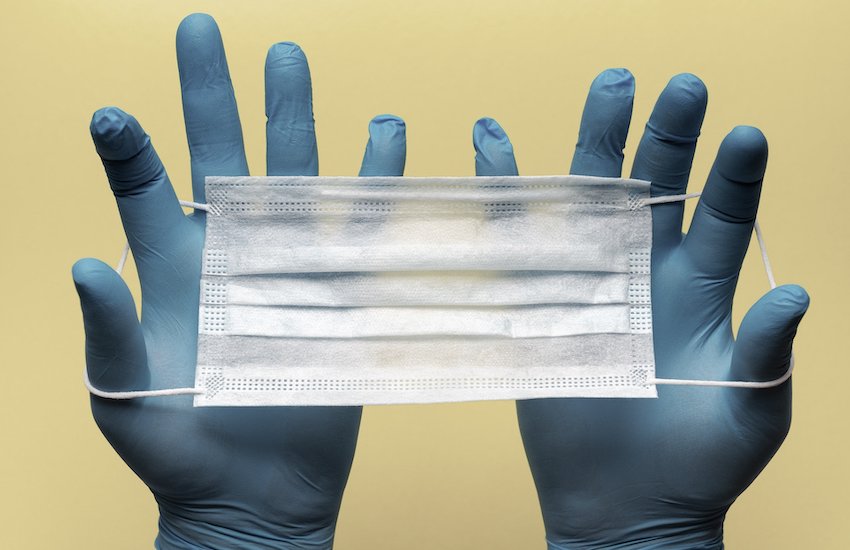
Pictured: The Infection Prevention and Control team was under-resourced for many weeks.
Resourcing issues for the Infection Prevention and Control team, which is responsible for infection prevention and control in the care and nursing home sector, were first mentioned on 5 October, as only one nurse was then working in the community. The Cell was however told that a business case had been made for additional, seconded staff.
On 19 October, an Independent Advisor for Epidemiology and Public Health suggested that more emphasis should be placed on the requirement for compliance with public health guidelines, with a bigger emphasis placed on riskier occupations and transmission settings, such as care homes.
The issue of infection control was again raised over a month later.
It was noted that while the hospital enforced infection control guidance, it was done “to a lesser extent in some of the care homes”. It also transpired that while funding had been agreed for the infection control team, recruitment still hadn’t started for the new positions.
Minutes from the subsequent meetings do not mention whether the positions have since been filled.
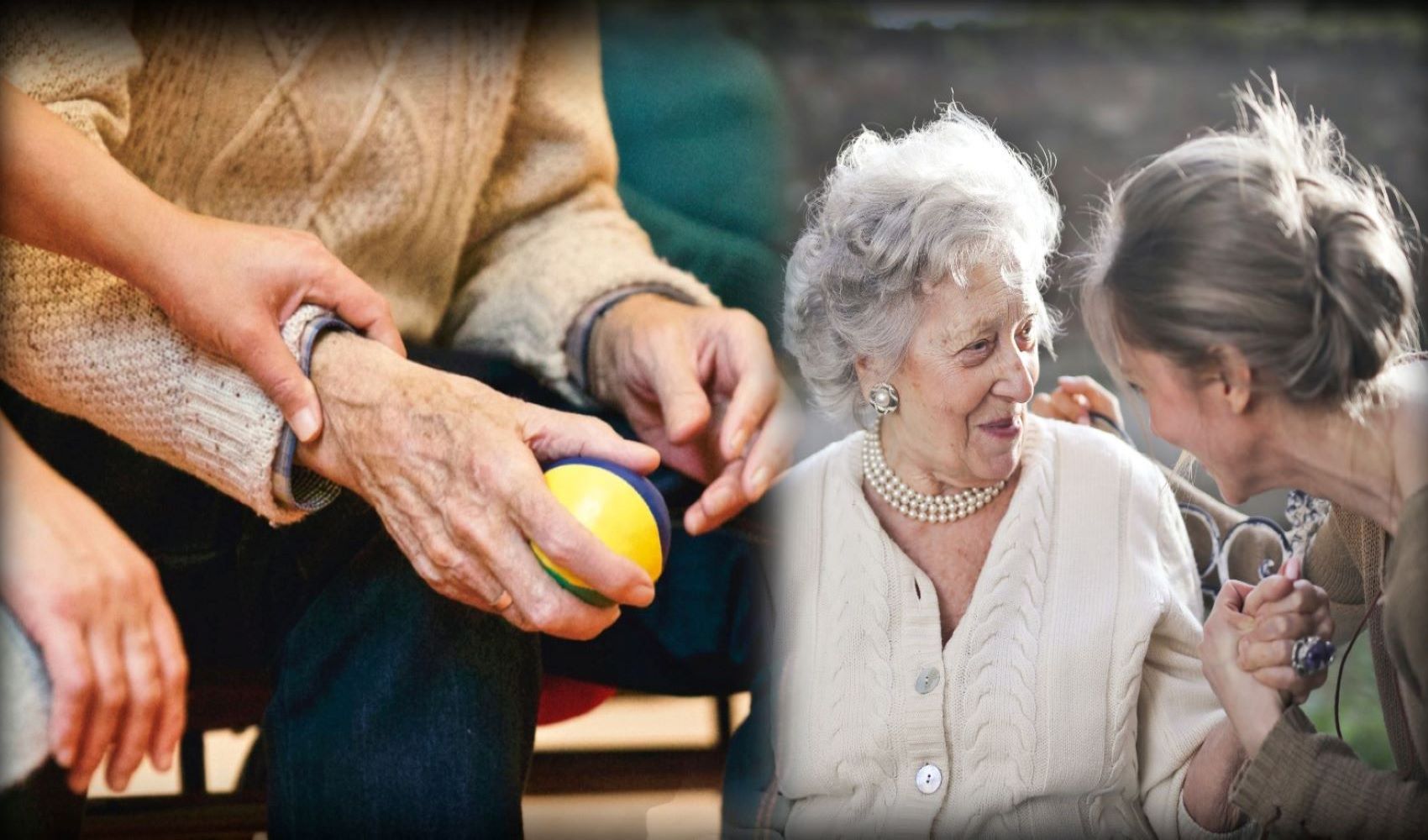
Pictured: Visitors were banned from care homes in early December.
The STAC minutes also reveal that the Cell was not consulted over the decision to put a blanket ban on visitors in early December, which Dr Patrick Armstrong MBE described as “a significant step”.
The Head of Policy for Shielding said that officers had become aware late on Friday 4 December of three positive cases of the virus in care homes. They made the decision that same weekend to prevent any delay to the vaccination programme any outbreaks in care homes could have caused.
The minutes were among a collection of more than a dozen relating to meetings held in the final quarter of 2020, which were published today.
Government didn’t seek scientific advice on initial Christmas guidance
STAC: More tests does not mean more people being tested”
Comments
Comments on this story express the views of the commentator only, not Bailiwick Publishing. We are unable to guarantee the accuracy of any of those comments.